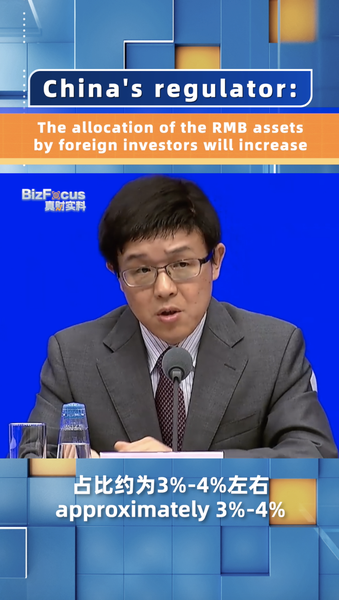In a significant move that could reshape global finance, HSBC Hong Kong has announced its integration into China’s Cross-Border Interbank Payment System (CIPS) during the SIBOS 2024 financial services event in Beijing. This strategic alignment by one of the world’s leading trade finance institutions marks a pivotal step in expanding the international use of the renminbi (RMB) and underscores China’s growing influence in the global economic landscape.
Established in 2015, CIPS was developed to facilitate cross-border RMB payments, enabling both foreign and domestic institutions to conduct transactions directly in Chinese currency. While the Society for Worldwide Interbank Financial Telecommunication (SWIFT) remains the predominant global payment mechanism, CIPS offers a specialized alternative designed to support the RMB’s internationalization.
HSBC’s direct participation in CIPS enhances the network’s credibility on the international stage. With its headquarters in London and a strong historical presence in Asia, HSBC serves as a bridge between Eastern and Western financial markets. This integration not only reinforces HSBC’s role in global trade finance but also broadens CIPS’s appeal to companies and financial institutions worldwide, especially throughout Asia and Europe.
The involvement of a financial giant like HSBC is expected to encourage other prominent banks to join CIPS, potentially accelerating the adoption of the RMB in international trade and investment. For businesses engaging with Chinese partners, this development promises more accessible, transparent, and efficient transactions. By bypassing intermediary steps inherent in the SWIFT system, transactions through CIPS can reduce time and costs, which are critical factors in today’s competitive global market.
Furthermore, HSBC’s integration into CIPS could incentivize multinational corporations to consider the RMB for their trading needs. As companies seek to manage currency risks and reduce administrative burdens associated with currency conversions, the streamlined processes offered by CIPS present an attractive proposition.
This move aligns with China’s broader strategy to promote the RMB as a global currency. As the world’s second-largest economy seeks alternatives to existing payment systems amid evolving trade dynamics, the expansion of CIPS signifies a concerted effort to enhance financial infrastructure and connectivity.
HSBC’s entry into CIPS is more than a corporate decision; it represents a significant shift in international finance. By embracing CIPS, HSBC is acknowledging the growing importance of the RMB and China’s central role in the future of global trade.
Reference(s):
HSBC's move to CIPS: A strategic boost to RMB's global expansion
cgtn.com








